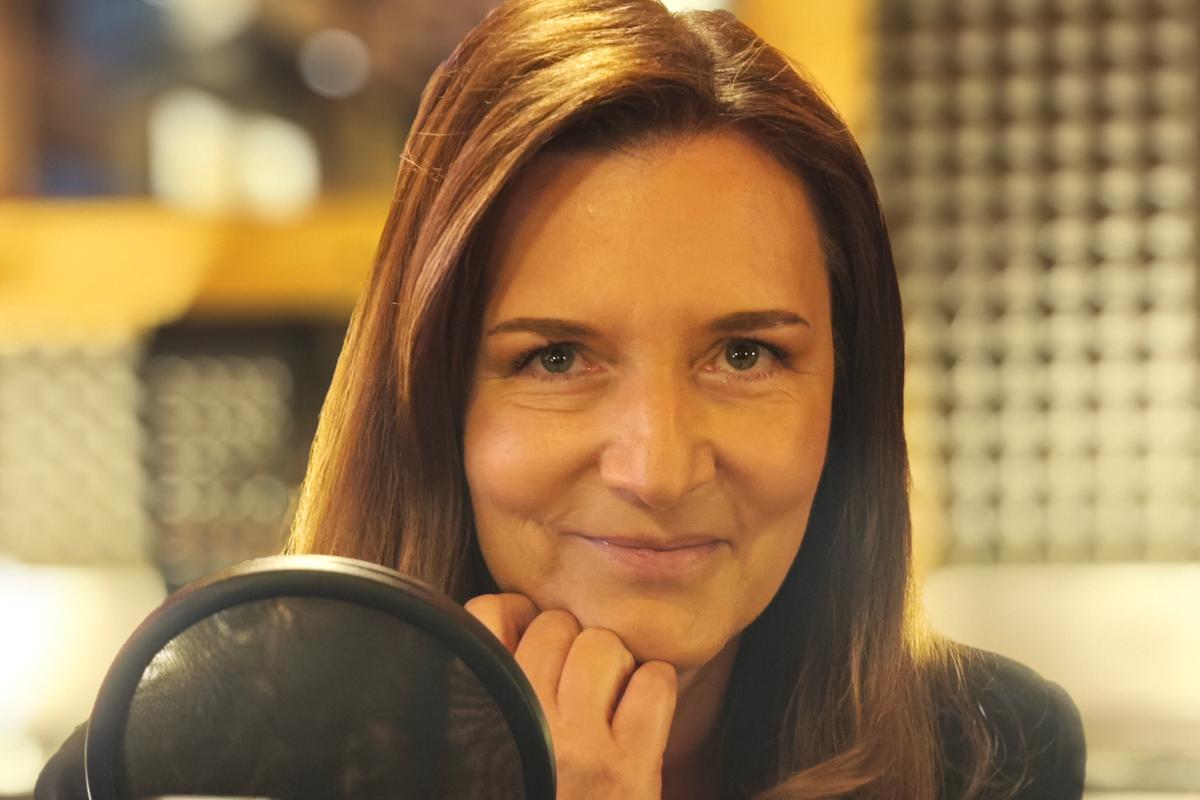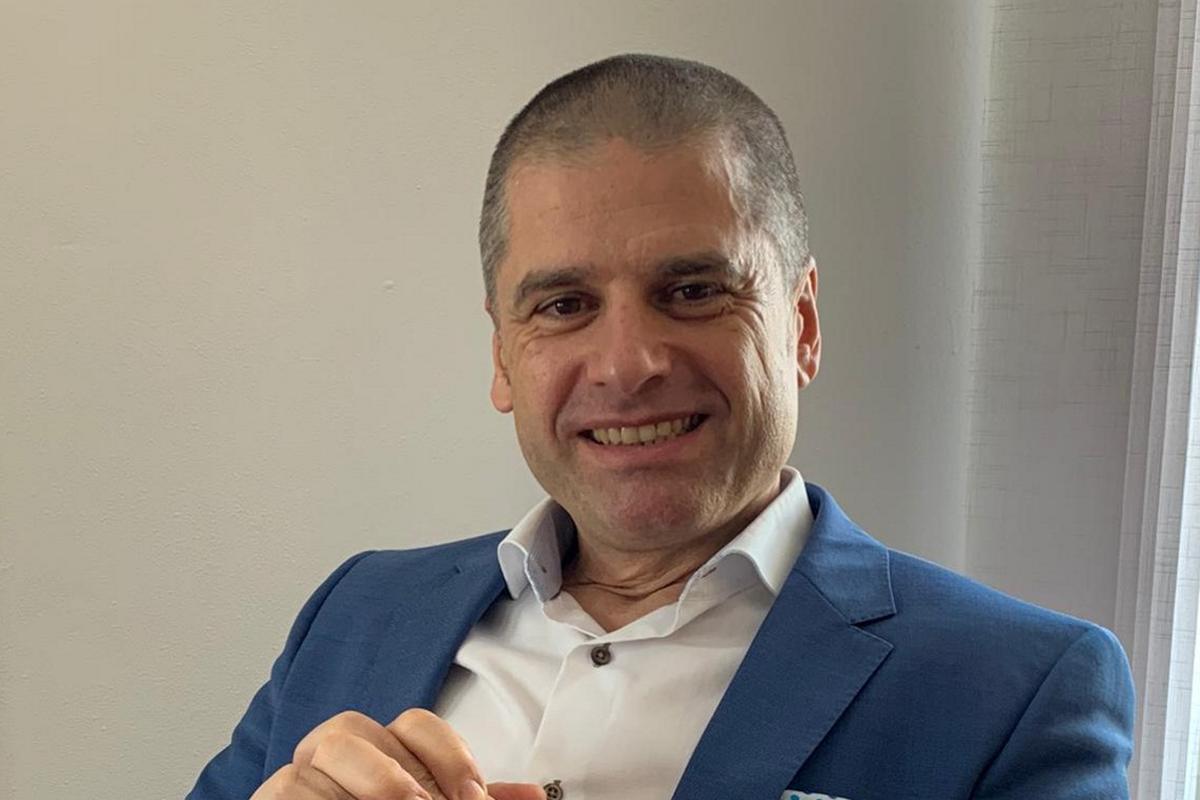“The problem is not just with Generation Z, but with the quality of leadership,” says Iva Berná from DMC, who has been working on the culture of collaboration in companies for more than 15 years. According to her, similar patterns are repeated in all generations. Older workers complain to younger ones that they are not prepared enough or are different. The differences, however, are mainly related to the environment in which the young people grew up. While previous generations had to adapt to the advent of technology only in adulthood, for Generation Z the digital world has been a natural environment since childhood.
Leadership instead of labeling
According to Iva Berná, managers often complain that young employees are “impossible to work with”. However, she believes that this rather points to underdeveloped management habits. “There is a lack of habit of what to do to build a relationship with a person as soon as possible. That’s the first thing leaders need to integrate a colleague into the team,” he explains. The situation became very apparent during Covid, when remote working became a test of leadership quality. Where it was set up well, collaboration worked even in more difficult conditions. Where it was lacking, teams fell apart.
Feedback and motivation
One of the main issues that arise with Generation Z is feedback. According to Iva Berna, young employees expect more frequent and positive reviews. “Normally 80% of things are fine, but we focus on 10-20% of deviations. With Generation Z, we can’t forget about the 80% that work and comment on them often enough,” He says. Managers are often reluctant to reward work that is routinely done well, arguing that it is self-evident. But according to Iva Berná, it is this ongoing feedback that helps young employees stay motivated and loyal.
Benefits and new priorities
Generation Z also has a different view of employee benefits. For example, the pension contribution, which will only be available in a few decades, is not important to them. Companies are therefore looking for ways to adapt their offerings. Some are betting on status symbols – a new phone model or access to limited edition fashion brands. Others are trying flexible working hours, longer sabbaticals after a few years or the possibility of a sabbatical. “We also need to be more flexible in the organisation of working hours and the environment. The willingness to work regularly at the same pace will decrease,” says Berná.
Onboarding and adaptation
Onboarding is an important part of integrating new employees. According to Iva Berná, Generation Z needs more frequent assessment meetings and the definition of milestones. “I recommend that those responsible for onboarding stick to the adaptation plans and follow regular summaries of what has happened. Generation Z needs to evaluate their shifts more frequently,” he explains. If onboarding goes well, young people appreciate the care and get involved in the company more quickly.
Psychological safety and the role of HR
Another important factor is psychological safety. According to Berna, it is mainly up to the immediate supervisor whether employees feel supported and trusted. “A leader gets results through his people. How much energy do companies devote to maintaining machines, processes, hardware or software? But where is the employee ‘maintenance’ plan?” He asks. HR, she says, should be the partner that connects strategic leadership with the day-to-day realities of employees. She sees the concept of HR business partnering as a way to support this leadership role.
An investment that pays off
There are also economic arguments why it is worth investing in improving people leadership and intergenerational collaboration. According to Iva Berná, companies that have focused on leadership development see results within one or two years – turnover is reduced, productivity increases and employee satisfaction rises. “The argument for the CFO is that it’s an investment that will pay off,” she says.
It’s simple: start with yourself
But how to start if the manager feels that younger employees are more likely to be a complication? “First, I would ask what’s really bothering him,” says Iva Berná. According to her, the problem is often that managers are not willing to adapt their style and are not used to sharing their exact expectations. The key is to look for what can be done differently so that new people can succeed. “I start from the assumption that when a person joins me, he or she is motivated to stay. We have to enable him to succeed,” He concludes.
PODCAST TRANSCRIPT:
Tomas Pospíchal: My guest today is Iva Berná, trainer and consultant at DMC management consulting. Today we will be discussing a topic that I believe is as old as humanity itself: intergenerational cooperation and communication. Before we dive into this topic, tell us a bit about yourself and DMC management consulting.
Iva Berná: I have been working at DMC management consulting for more than 15 years as a consultant and trainer. I focus on the culture of people management, cooperation between managers and their teams, between departments and between generations. But at the core, it’s always about the same thing – collaboration between people, which is the essence of every company.
In that time, I’ve seen several generations come and go, including the one before Generation Z that we’re talking about today. And because I have two of its representatives at home, I get feedback literally every day. In doing so, I realize that relationships, whether professional or personal, operate on the same principle: what we give is what we get back. And each person is first and foremost an individual.
Tomas Pospíchal: That’s really authentic. Moving from the home to the professional environment, what is your focus in the programs that you run for DMC and your clients in the area of intergenerational communication?
Iva Berná: We are mainly focused on setting up cooperation and creating the right leadership habits, which return to companies in performance. Our mission is to improve the performance of companies through their people. We believe that if we invest in people and do it right, we will get results.
Tomas Pospíchal: Some time ago it became popular to label individual generations, which I am not comfortable with. But is the current generation, Generation Z, which is entering the labour market, really that different from the previous ones?
Iva Berná: The generational difference is not just due to age, but to the environment, culture and society in which the generation grows up. Generation Z is defined by being the first generation to grow up with technology from the beginning. To some extent, those technologies determine how they operate. Generational change is always a bit painful. I think we can all remember our parents or grandparents saying, “That didn’t happen in our time.” But given that humanity has been managing this for centuries, I suppose we’ll eventually manage it with Generation Z as well.
Tomas Pospíchal: A lot of sighs about Generation Z come from managers. But let’s try to turn that perspective around: isn’t it more about leadership, management, team leaders – rather than who’s on the other side?
Iva Berná: It shows one sad thing that we are trying to change in companies – and we are succeeding. We are seeing a shift in the culture of people management and a greater understanding of the need to work with individuals and their values. Yet the situation is not ideal.
When a new person comes into the team who is different, and it doesn’t have to be Generation Z, we often don’t know how to work with them. We lack the habits to quickly build a relationship with them, which is the basis for integrating them into the team.
Covid showed it to the fullest. Where the lead was set up well, it worked from a distance. But where solid relationships were lacking, everything fell apart. Leaders said, ” I was with them all day, we talked all the time.” And when the contact broke, there was nothing left.
Tomas Pospíchal: I understand your answer is to work on leadership and people management.
Iva Berná: Exactly.
Tomáš Pospíchal: Generation Z and feedback. Psychologists say that members of Generation Z require regular and good feedback much more than their generational predecessors. How do you perceive this from your programs?
Iva Berná: That is absolutely true. Generation Z grew up with social networks that taught them to get feedback all the time – in the form of likes and hearts. When responses are missing, they start to doubt themselves.
We “professional seniors”, on the other hand, are not used to expressing satisfaction when everything is fine. We tend to focus on the mistakes and save the positive feedback for the rare moments. When we discuss this with managers, they often say, ” I’m not going to praise them for doing their job.” Except that’s exactly what they should do. If they’re happy, they should say so.
Most things work well at work, but we focus on the few that don’t. With Generation Z, it’s important to remember what works and praise more often. They’re used to quick responses, they don’t want to wait weeks to hear that they’re doing their job well.
Tomas Pospíchal: And then how do you do it in a professional environment so that it’s not a constant feedback and it’s not just about total independence? Where is the boundary?
Iva Berná: My people should know how they are doing and get feedback as often as they need it. There is no universal recommendation. The operations manager told me, ” So I started praising the young man more, noticing him more, asking how he was doing, and he started smiling, started talking to me.” It is important to remember that some need feedback often, others less so. We need to look at the rest of the team so they don’t feel like someone is privileged.
Tomas Pospíchal: Turning it to a positive level, where have you seen examples where Generation Z has brought positive elements to the work environment and established processes?
Iva Berná: I have seen examples of people who are better at working with information technology and processing larger amounts of information. Their brains are trained for that. It’s also a certain openness and perhaps a bluntness to name things that don’t work and ask why: “Why are we doing this? Why don’t we do it differently?” If they gain trust, barriers fall. We can respect them as partners and use their strengths. They are not affected by operational blindness and are not resigned to the fact that this is the way things have to work.
Tomas Pospíchal: Before filming, we talked about one of your daughters, who joined a company that otherwise deals with benefits that are charged to Generation Z. What about you and your opinion on benefits for this generation?
Iva Berná: I think this is a topic that we will have to deal with. The classic benefits that we use today were created for people who worked in the past. Benefits attractive to parents will not be attractive to Generation Z. The pension contribution they will be drawing in 40-50 years is irrelevant to them. They are impatient, they will not wait 40 years to draw an uncertain benefit.
Tomas Pospíchal: So what did the companies focus on?
Iva Berná: They looked at the values that Generation Z considers important. They found that status is very important to them. I mean status in their own bubble. You can get status through a popular profession, through the brand you work for. For example, one company offered a new set of status-focused benefits: a new iPhone model every year or priority access to limited edition sneakers.
These things are important to them, they make them feel like they belong somewhere. Some companies offer a few months of sabbatical after five years of work so they can relax and pursue their dreams. We also need to be more flexible in the organisation of working hours and environment. The willingness to work regularly at the same pace will decrease.
Tomas Pospíchal: Do you have experience that clients are already aware of this?
Iva Berná: So far they are just complaining, they are not yet at the stage where they would say they are going to do something about it. But there are first signs, for example, with the flexible planning of brigades before Christmas. The model is being tested and will eventually have to be translated into standard operation, although it will be technologically and process-intensive.
Tomas Pospíchal: Once the recruitment is done and young people join the company, onboarding is a crucial point. Does the work of onboarding and entering the company processes differ according to the experience of each generation?
Iva Berná: Definitely. These people have gotten somewhere they were not before. They have no experience. In addition to teaching them how to do the job, we have to teach them how to function in the new environment – how to order materials, food vouchers, use the benefits system, leave requests. We often forget to tell them that. I recommend that those who onboard people stick to adaptation plans and follow regular summaries of what happened.
Generation Z needs to evaluate its shifts more often. If onboarding succeeds, the feedback is very positive. People say, ” I’ve never been taken care of like this in any company before.” In the onboarding process, it’s important to define milestones relatively frequently, perhaps weeks at a time, and revisit them. No one should wait until the end of the probationary period. This doesn’t pay off with Generation Z, because these people quickly lose motivation to stay.
Tomas Pospíchal: There is a lot of talk about psychological safety. Is there a big difference? DMCs often operate in an industry where the world is fast and hard, and the habits of Generation Z start to clash there.
Iva Berná: Psychological safety is a big topic now, especially in manufacturing and industrial companies. It turns out that we don’t provide it very much or we don’t do it consciously. It is the responsibility of the immediate supervisor. The way people feel in a team is in that microcosm that is 90% of their perception of the company. As a leader, if I don’t know what motivates a person, what they see as success or failure, what bothers them or what they need, I can’t say I can lead them.
Tomas Pospíchal: Are we making too big a deal out of this topic? Why are companies focusing on this so much?
Iva Berná: A leader achieves results through his people. How much energy do companies devote to maintaining machines, processes, hardware or software? But where is the employee “maintenance” plan? The answer is often, ” We don’t have time for that.” People are the most valuable resource. We can get everything else right, but if the people who are supposed to use it aren’t right, we won’t deliver results. That’s why we have to take care of them. We need them to be fit, motivated, happy, and leave work feeling like everything is okay.
Tomas Pospíchal: In what situations do you enter the corporate environment and when do they start listening to you when you discuss these topics?
Iva Berná: Usually when all methods have failed, or companies think they have processes in order but are facing high turnover or a satisfaction survey has shown that people are extremely dissatisfied. And it’s the companies that want to do something about it.
Tomas Pospíchal: Where is the role of HR?
Iva Berná: I meet a lot of HR people who see this and want to move things forward. Their role is not just “shopping” anymore, but also taking care of people. With the concept of HR business partnering, it has improved a lot. The HR business partner is part of what is happening in the operations and departments, understands it and is closer to the people.
Tomas Pospíchal: So is it a good concept in your opinion?
Iva Berná: I think so. We need both HR strategists and HR partners because they connect high HR with the people who work for us.
Tomas Pospíchal: How difficult is it for an HR manager to defend such a project in front of the company’s management? What arguments make sense?
Iva Berná: The basic prerequisite for success is the involvement of the entire management. In some places management is aligned, in others less so. We also have very enlightened management. For the CFO, the argument is that this is an investment that will pay off. After a year and a half or two, turnover goes down, productivity goes up, satisfaction goes up, motivation goes up. You can put a monetary value on that.
Tomas Pospíchal: What metrics do you measure in programs when it comes to soft skills?
Iva Berná: Long-term metrics are turnover and productivity. Short-term metrics are employee satisfaction with how they are managed. That’s feedback to the manager. It shows how well they are meeting people’s expectations, how often they are getting feedback, how they are informed about changes and how their potential is being used. The leader can see if their leadership style is bearing fruit and can fine-tune it. The goal is that people are satisfied with how they are led.
Tomas Pospíchal: Where is your role as an external element in these processes? What can an external consultant bring to the company?
Iva Berná: We help to describe the initial state because few people know exactly what is happening in the company. We look for the causes of dysfunctional processes, we train and give tools. But the biggest role is to set up the system so that it works in the long term. Taking care of people needs to be part of the routine, not another burden.
Tomas Pospíchal: What would you advise a manager who comes to you and says: “These young people really annoy me and I know I have to do something about them. Yeah, but how do I start?”
Iva Berná: First of all, I would ask what is actually bothering him. It often bothers us that what we are used to doing is not accepted by the other side. It is frustration with our own “inability” to cope. So find out what he’s angry about. The second thing: what would he do if the same situation happened to a person he already knows well? How would he react? And three: go back to what he can do differently himself – find a way to enable Generation Z to succeed. I start from the premise that when a person joins me, they have an incentive to stay. We have to enable him to succeed.






